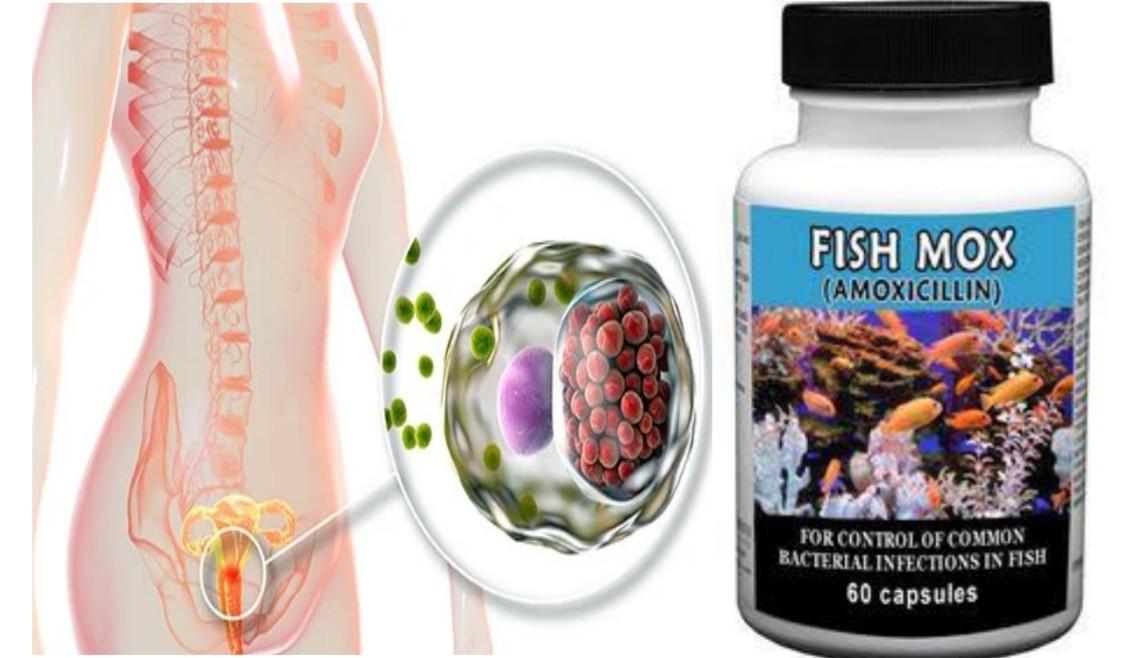Chlamydia is a sexually transmitted infection (STI) caused by a bacteria called chlamydia trachomatis. Usually, it doesn’t cause any symptoms and can be easily treated with antibiotics. People who have chlamydia often don’t have outward symptoms in the early stages. In fact, about 90 percent of women and 70 percent of men with STI have no symptoms. But chlamydia can still cause health problems later. Untreated chlamydia can cause serious complications, so it’s important to get regular screenings and talk with your doctor or healthcare provider if you have any concerns. However, if it isn’t treated early it can spread to other parts of your body and lead to long-term health problems.
How common is chlamydia?
In 2017, more than 1.7 million cases of chlamydia were reported to the Centers for Disease Control and Prevention (CDC). However, many cases go unreported, so the real number of chlamydia infections every year may be closer to 3 million. Men and women can both get the infection, but more cases in women are reported. Infection rates are highest among younger women, with the highest rates of infection occurring in women between ages 15 and 24.
The CDC recommends that all sexually active women ages 25 years and younger get screened for chlamydia every year, as well as older women with risk factors like multiple or new partners. Statistically, a person is more likely to get an STI if they’ve had sex with more than one person. Other risk factors include having had an STI in the past, or currently having an infection because this could lower resistance.
Will Fish Antibiotics Cure Chlamydia Infection?
Veterinarian-prescribed antibiotics Including fish antibiotics are intended solely for animal use. The antibiotics available in pet stores, or online, for ornamental fish haven’t been approved, conditionally approved, or indexed by the FDA, in other words, they have not been evaluated for safety and effectiveness making it illegal to market them.
These unapproved products may not meet the strict standards for purity and potency. And, the FDA doesn’t know how the products have been handled and stored because they haven’t been controlled by a veterinarian or pharmacist. They may not be properly manufactured or properly labeled, so don’t substitute them for the products prescribed for you by your health care provider.
If you suspect you have chlamydia, your doctor will order lab tests and may ask for a urine sample or vaginal cotton swab. If your test results are positive for chlamydia, your doctor will prescribe antibiotics. Chlamydia typically goes away within 1 to 2 weeks. You should avoid sex during this time to prevent transmitting the disease.
Your doctor may prescribe a one-dose medication or a medication you’ll take daily for about a week. If they prescribe a one-dose pill, you should wait 7 days before having sex again. If you’re taking medication for 7 days, wait a week after the final dose before engaging in sexual activity.
You should also get tested again 3 months after you were treated for the disease because repeat chlamydia transmissions are common.
Home remedies for chlamydia
Chlamydia is caused by a bacterial infection. The only true cure for this type of infection is antibiotics. But some alternative treatments may help ease symptoms. It’s important to remember that untreated chlamydia can lead to long-term complications, including fertility problems and chronic inflammation. Home remedies for chlamydia that may be effective (for symptoms, not the infection itself) include:
Goldenseal. This medicinal plant may limit symptoms during an infection by reducing inflammation.
Echinacea. This plant has been widely used to boost the immune system in order to help people overcome infections of many types, from the common cold to skin wounds. It may help reduce symptoms of chlamydia.
Although compounds in these plants might help to ease inflammation and infection in general, there aren’t any quality studies that show they’re effective specifically for chlamydia symptoms. SEE: Can You Use Fish Antibiotics On Dogs





